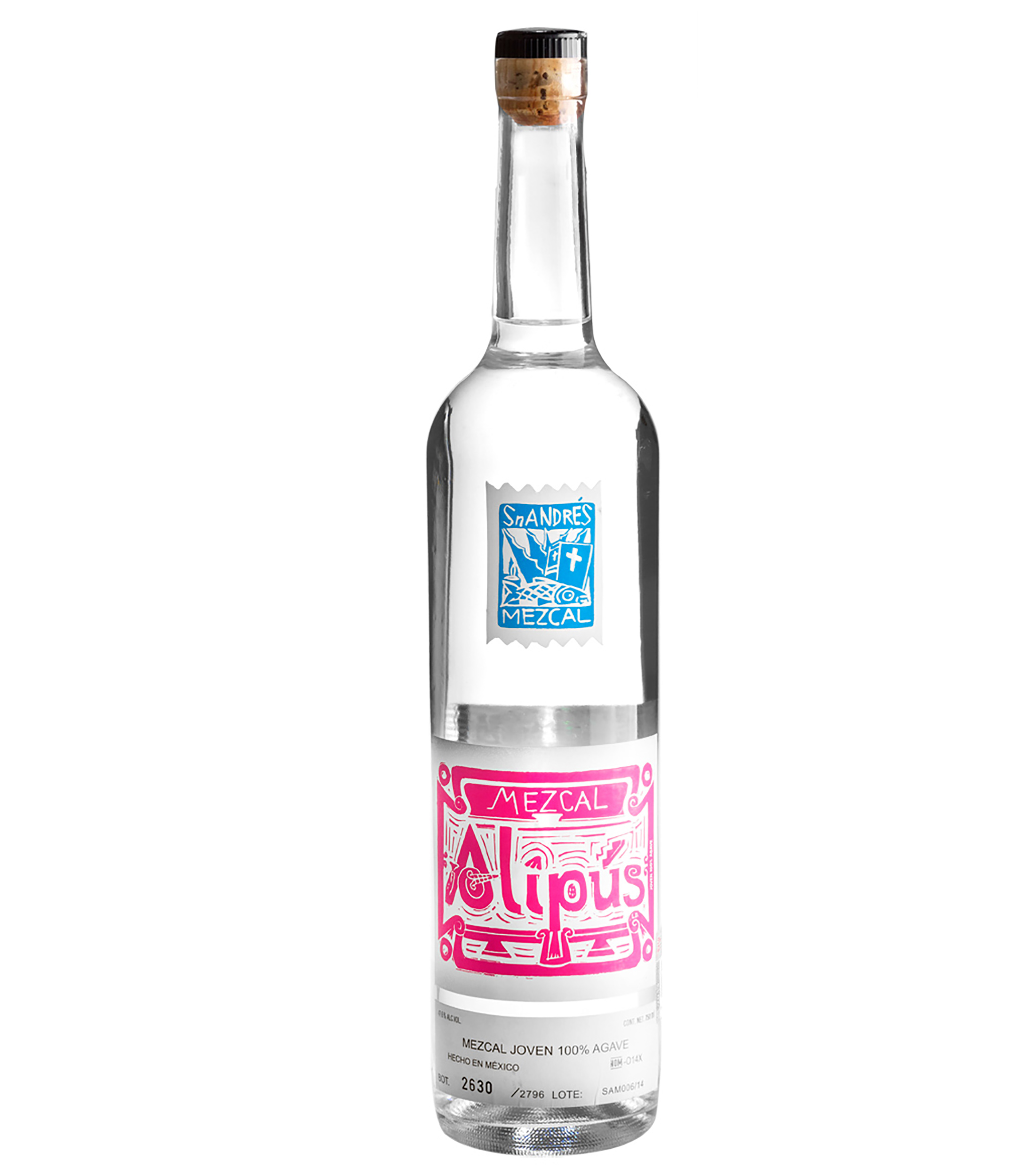

A technical and cultural “bridge”, such as the one offered by Los Danzantes, is therefore essential to guarantee the sovereignty of the producers over their product and its marketing. No chemicals should be used in agave cultivation or production.įor the sake of understanding, it should be mentioned here that in most of the producer families Zapotec is spoken as a mother tongue and some of the older members do not know Spanish, accordingly they cannot read or write. Assistance with formal procedures such as tax and banking transactions.Assistance with certification by the Consejo Regulador del Mezcal.Setting uniform standards for production.Technical improvements in the distillery, e.g.

The production team of Destilería Los Danzantes and the administration of the company support the producers with the following measures: The producers meet at least once a year at the invitation of Los Danzantes for workshops and exchange of experiences. The smaller producers receive advance payments to prefinance production. There are projections and targets, depending on what happens in the market, rather than binding agreements. Prices are regularly renegotiated, and these are normally 20% higher than the usual market price in the region. Alipus’ latest bottling.There are no binding contracts between Los Danzantes and the distillers, which is why the latter enjoy maximum freedom to work with other brands, for example, or to set up their own - although no producer has yet abandoned the collaboration. The San Baltazar Guelavila garnered the most mixed opinion of the Alipús line with some describing it as burnt, some as chemical tasting, some as earthy and mineral in aspect resolving in a briny tail.Ĭraft Distillers just released a new bottle to the Alipus series. But it has a very round mouth feel with sugar cane notes and lots of smoke. We couldn’t identify the nose on the San Baltazar Guelavila with the frustratingly vague “ineffable” being used by one participant. The tasting notes describe the San Baltazar Guelavila as having been “fermented in pine vats and distilled by Don Cosme Hernandez from agave Espadín grown at about 5,700 feet in hilly, white, and rocky soil.” This is definitely the smokiest Alipús which should appeal to scotch drinkers who appreciate some peat.

The palate reveals even more smoke which is the dominant impression left after a swallow. It was smooth on the tongue and displayed an even alcohol note.
Alpus mezcal full#
Per the tasting notes from Craft Distillers it was fermented in oak vats and is the fruit of non-irrigated Espadín “grown in sunny mountain-top plantings in ferriferous soil at 4,600 feet.” They describe it as “Fruity, rich, smokey, pleasantly sweet.” In our tasting we found a full agave nose with a slight sweetness and light smoke notes. – it goes by Los Danzantes in Mexico), Don Joel Antonio Cruz y familia, the San Juan del Rio Alipús is made from 100% Espadín. Made by the same palanquero as Los Nahuales (as it is known here in the U.S. Many tasters named it a favorite and commented on the great contrast between strong agave fruit and alcoholic push. This was the tasting favorite so we brought it into our Pop Up Mezcaleria where it showed exceptionally well in the company of Del Maguey’s Minero, Metl’s Blanco Blend and Pierde Almas’ Dobadaán. It’s a very powerful tasting mezcal with strong fruit but doesn’t overwhelm with alcohol. We found a big push of agave in the nose and a nice integrated agave/smoke combination in the mouth. Per the tasting notes San Andres was “fermented in cypress vats and distilled by Don Valente Angel from agave Espadín grown at about 5,000 feet on thin calciferous-soiled low hills and terraces.” We recently sat down with Craft Distillers’ Elizabeth Grivas for a tasting of the three mezcals they are bringing into the U.S. Craft Distillers is the importer and they should be on store shelves sometime this August. While the Los Danzantes line of Alipús mezcals have long been available in Mexico they’re just premiering in the United States right now.


 0 kommentar(er)
0 kommentar(er)
